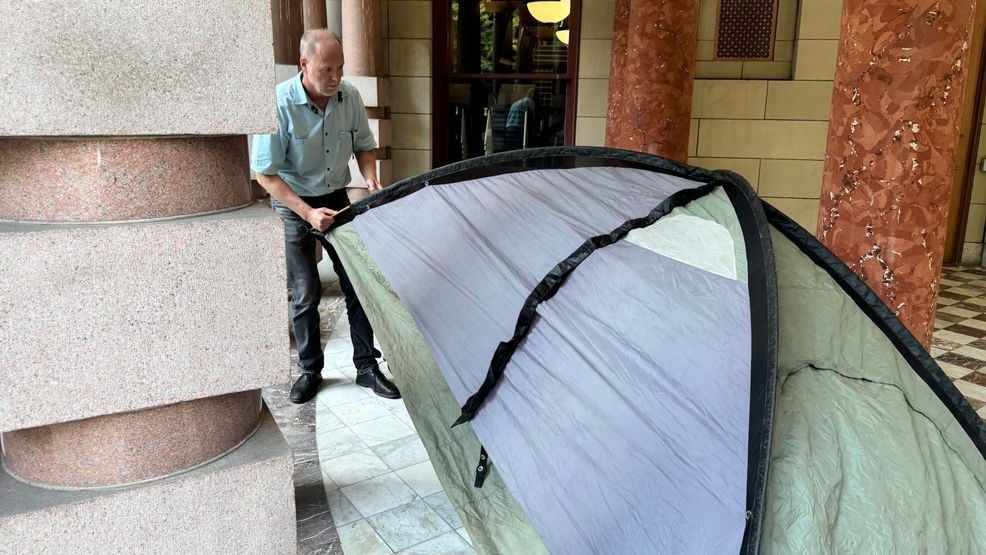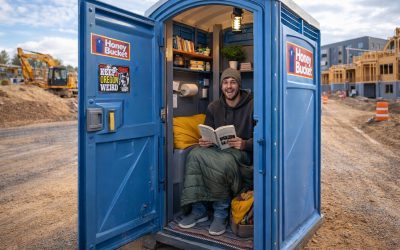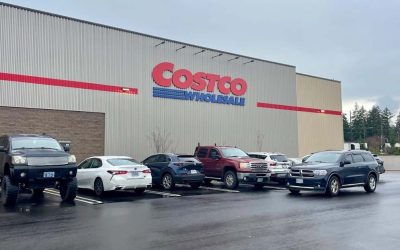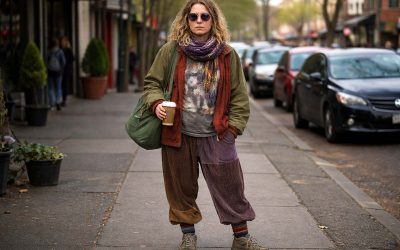A 64-year-old Portland business owner, Paul Rudinsky, set up a tent outside City Hall to protest a new homeless shelter being placed next door to his Pearl District apartments. Within hours, police arrested him for trespassing. Meanwhile, across the city, sprawling homeless camps line sidewalks, parks, and storefronts with little to no enforcement.
Rudinsky owns the Oro Apartments and says he’s worried about the city’s new “low barrier” overnight shelter opening on Northwest Northrup Street. Low barrier means people don’t have to be sober or meet other requirements to stay, as long as they aren’t actively using inside the facility. Rudinsky argues this approach invites chaos, worsens crime, and threatens both businesses and residents.
To prove his point, he pitched a tent 15 yards from City Hall’s doors, roughly the same distance he says he’ll soon face from people lining up outside his property each night. Police called it trespassing.
The shelter is scheduled to open next week, offering overnight beds from 8 p.m. to 6 a.m. and using a reservation system so guests can hold their bed from night to night. The city claims this will reduce loitering. But Rudinsky and nearby business owners fear the opposite, that people will linger all day, adding to an already deteriorating Pearl District.
City officials argue that homelessness is already widespread in the neighborhood and that giving people a place to sleep at night is better than nothing. Portland Mayor Keith Wilson has promised to address concerns, saying the project will “meet needs” and “exceed expectations.”
Critics aren’t convinced. They see it as another example of “housing first” policy, placing people in shelters with few restrictions while underlying issues of addiction and crime remain unaddressed. Detractors point to cities like Seattle, San Francisco, and Los Angeles as proof that the model hasn’t worked.
What struck many was the contrast: a property owner gets handcuffed for a symbolic protest, while open air drug markets and tent villages remain virtually untouched. Portlanders are left asking why city leaders move quickly against critics of policy but seem paralyzed when it comes to enforcing basic laws on the streets.
As Rudinsky’s case circulates, it’s becoming a flashpoint in Portland’s broader debate: Should the city keep doubling down on low barrier shelters and housing first programs, or rethink a strategy that many residents say is already failing?













